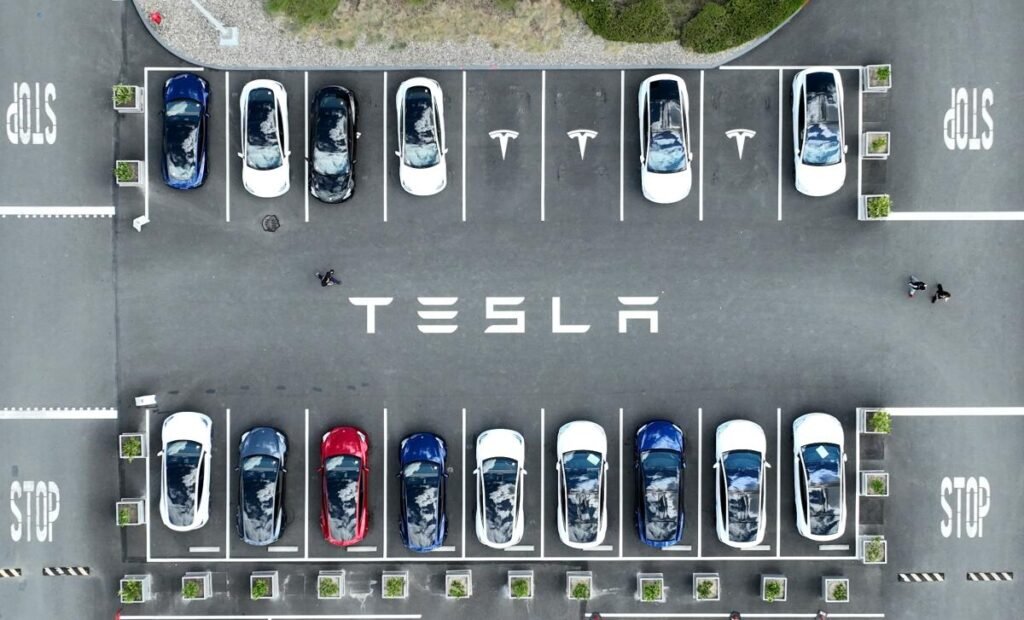Two weeks before Election Day 2020, Donald Trump and Joe Biden met for their final presidential debate, and the then-incumbent made a provocative prediction. “If he’s elected, the stock market will crash,” the Republican claimed, pointing at his Democratic rival.
Soon after, Biden won anyway. In the years that followed, the stock market fared very well, delivering impressive returns for investors.
Trump’s rhetoric wasn’t based on anything real or substantive; he apparently just hoped to scare voters into re-electing him. It didn’t work.
More than four years later, the Republican is confronting a related problem. NBC News reported on the fading post-Election Day rally in stock prices.
Prior to the opening bell Monday, the tech-heavy Nasdaq was down as much as 1%, while the broader S&P 500 was off 0.65% and the Dow Jones Industrial Average was poised to open 0.10% lower. Officially, S&P 500 futures opened below their levels on Nov. 6, 2024, the day after the election, for the first time.
The same report added that the president-elect hoped his recent victory “would set off a new cycle of business optimism and continue the record-high stock prices seen under the Biden administration.” With less than a week remaining before Inauguration Day, that hasn’t happened.
To be sure, it’d be an overstatement to suggest the major Wall Street indexes have faltered of late because of Trump. His stated plans for trade tariffs probably haven’t helped, but by any fair measure, markets have struggled because of interest rates and Federal Reserve forecasts, not political agendas.
The trouble for the president-elect, however, is that he can’t have it both ways.
The week before Christmas 2023, Trump was on the campaign trail in Iowa ahead of the first GOP nominating contest of the 2024 cycle. The frontrunner acknowledged that the stock market was soaring, and he demanded credit: To hear Trump tell it, the “only” reason Wall Street was up was because investors expected him to win.
In early January 2024, he repeated the boast, insisting that expectations about his eventual electoral victory were pushing the stock market higher. Trump said the same thing in early February. And early March. And mid-March. And early May.
Over the summer, the Republican continued to tell voters that his candidacy was solely responsible for stock market growth, pushing this absurdity in mid-August, mid-September and late September.
As Election Day 2024 neared, this became a line the GOP nominee repeated on a nearly daily basis, including in early October, mid-October, late October and early November.
The point of the boasts was unsubtle: American voters were supposed to believe that there was a direct correlation between the Republican’s political fortunes and stock market returns.
After Trump was elected, however, the major Wall Street indexes gradually went down, not up.
The Republican’s rhetoric was impossible to take seriously before voters cast their ballots, but it’s vastly worse now. Indeed, the trend leads to a question for which there is no good answer: If expectations about a Trump victory were the “only” thing pushing stocks higher, why have markets struggled as the president-elect prepares to return to the White House?













